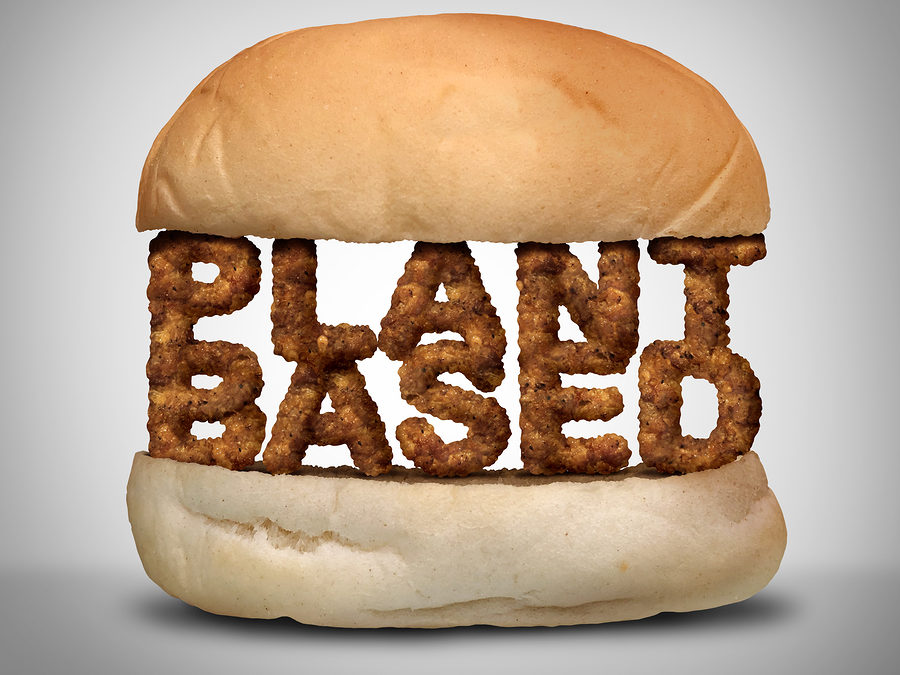“”Let food be thy medicine, and medicine be thy food.”
Hippocrates
“Impossible foods” will either be at the axis of a new-food revolution or the biggest culinary cipher this side of Olestra. Now that Burger King has started selling the “Impossible Whopper” in select markets with plans to roll it out nationwide by the end of the year in an effort to compete with other health-minded QSRs and casual-dining restaurants (e.g., White Castle, Bareburger and Red Robin) it’s not too big a leap to perceive an “all in” mentality on plant-based alternatives to meaty menu items.
In fact, it was recently announced that celebrities Jay-Z, Katy Perry, Serena Williams and Jaden Smith, among others, are among those who’ve invested $300 million in the Redwood City-based Impossible Foods, which now brings its investment pool to $750 million. And that doesn’t include Beyond Meat’s Beyond Burger or Tyson, which recently announced introduction of meatless products on a limited basis this summer.
Of course, neither the blessing of famous people or fast-food giants’ innovation in the category guarantees plant-based foods aren’t more than a potent, but passing fad. As is often the case, there is conflicting data—and sentiment—regarding “impossible” food. For one thing, there’s an assumption that that the “Impossible Burger” is healthier than the traditional Whopper simply because it’s plant, not meat-based. However, the calorie count, fat count and sodium content of each are nearly identical, which makes “Impossible” affinity reliant more on its environmental than health benefits. According to a 2018 conducted by FoodInsight.org, three-fifths of consumers of all ages say that the sustainability in food products purchased is important however, the same survey says “taste” is the top driver among five key attributes, while “sustainability” is last. Right now, reviews of the “Impossible Whopper” have been generally positive among both meat and non-meat consumers. Yes, it’s true, carnivores do buy plant-based products., and possibly because of some perceived healthier halo. A question exists though among meat acceptors: Is the “Impossible Whopper” enough to supplant (no pun intended) the regular Whopper should widespread public knowledge exist that many of the nutritional stats are comparable? That there’s not a substantial nutritional advantage? For non-meat eaters, granted, the growing number of options is great. But, if the interest for these products is centered around nutritional advantages, they may be surprised, if not disappointed, at how things actually stack up.
Organizations who don’t want to end up with massive amounts of limited shelf life product understand that developing successful meatless platforms calls for more than bandwagon jumping. And, we’re doing a lot of this custom research work, helping them to identify the target market real opportunities, develop products that hit the bullseye, package, and market them successfully.
~ Marketing Workshop
